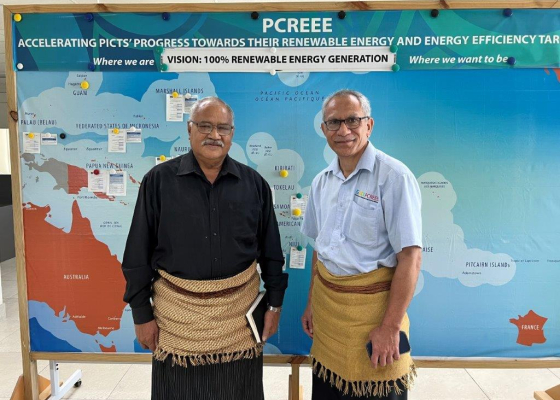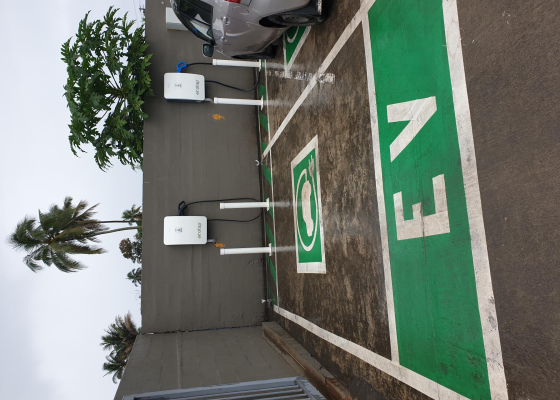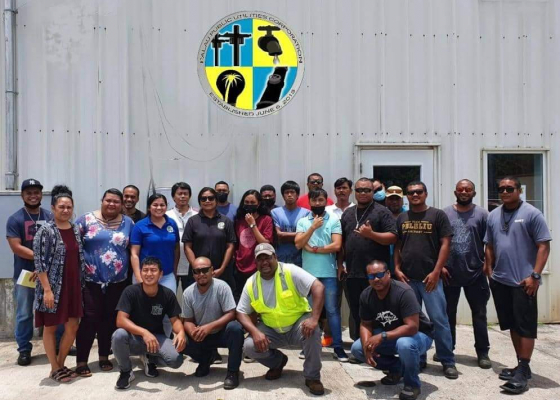Coconut Oil Biofuel - Clean and Competitive
This report was prepared by Jan Cloin.
Due to the increasing cost of diesel fuel, diversification to blends of coconut oil fuel is increasingly viable, contributing to a more competitive utility operation. A feasibility study at Electricity Power Corporation (EPC) in Samoa using low blends of filtered coconut oil in a non-modified engine shows short term savings can be achieved with relatively little investment. Other benefits include the support of local agro-industries and an overall decrease in emissions. There is great potential for replication at other power utilities in the Pacific region.
Biofuels have been used worldwide during periods of scarcity of fossil fuels or extremely high prices. Since most Pacific island countries import their fuels at very high transport costs, and likewise exporting coconut oil is expensive, there is a special case for the use of locally produced fuel. Further financial benefits can be derived from Green Credits in the emerging Kyoto-related markets. The traditional production of copra (flesh from a coconut) and its oil, an industry inherited from colonial times, has been suffering from a period of low world market prices and high transport costs. In a number of countries, the copra industry is nearly extinct, especially through the high inputs of labour required, with low returns. By switching to mechanised production of local fuel substitutes as an alternative to highly competitive exports, economic niches can be found for locally produced vegetable oils, such as coconut oil.
Keyword: Biofuel, Coconut Oil, Samoa, Electricity Power Corporation, Pacific Island Countries (PICs)
Upcoming Events
-
03/25/2026 to 03/26/2026
-
03/30/2026 to 04/03/2026
-
04/09/2026 to 04/10/2026
-
04/27/2026
-
04/27/2026 to 04/29/2026

























